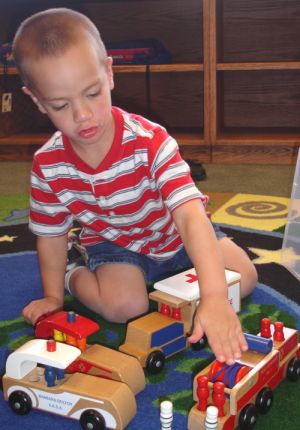Toy Lending Library
 Thanks to the generosity and forward thinking of Ripon’s Noon Kiwanis, Ripon Public Library is proud, and pleased as punch, to offer a toy lending library!
Thanks to the generosity and forward thinking of Ripon’s Noon Kiwanis, Ripon Public Library is proud, and pleased as punch, to offer a toy lending library!
Sponsored by the Ripon Noon Kiwanis and the Webster Foundation
HOW IT WORKS
- 14 day check out
- 3 item limit per library card
- Toys may be placed on HOLD, but only for pick up at Ripon Public Library.
- NO BOOK DROP RETURNS! Return toys to the circulation desk at the RIPON PUBLIC LIBRARY ONLY.
- Late fines are $.50/day per item
- Maximum fine limit = $5.00 per item
- Lost items—will be billed retail price plus the cost of library packaging
- Damaged items—will be billed accordingly
